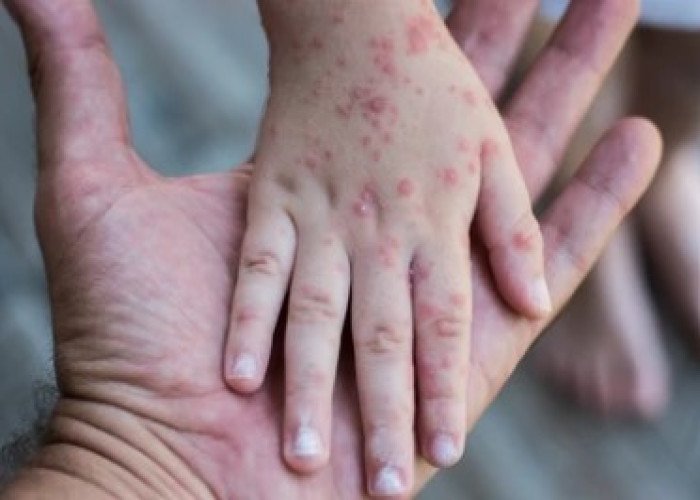 Welcome
Welcome
“May all be happy, may all be healed, may all be at peace and may no one ever suffer."
Cold - Yoga remedies
A cold, also known as the common cold, is a viral infection that affects the upper respiratory tract. It is a very common illness that can be caused by over 200 different viruses, most commonly the rhinovirus.
Symptoms of a cold can vary, but typically include a runny or stuffy nose, sore throat, cough, sneezing, and mild body aches. In some cases, a fever or headache may also be present. The symptoms usually develop within one to three days after exposure to the virus and can last for up to 10 days.
Cold viruses are highly contagious and can be spread through direct contact with infected individuals, as well as through airborne droplets from coughs and sneezes. To reduce the risk of catching a cold, it is important to practice good hygiene, such as washing your hands frequently, avoiding close contact with sick individuals, and covering your mouth and nose when coughing or sneezing.
While there is no cure for the common cold, there are several treatments that can help alleviate symptoms and reduce the duration of the illness. Over-the-counter medications such as decongestants, pain relievers, and cough suppressants can help manage symptoms. Drinking plenty of fluids and getting plenty of rest can also help support the immune system and reduce the severity of symptoms.
In most cases, a cold will resolve on its own within a week to 10 days. However, if symptoms persist or worsen, it is important to seek medical attention to rule out any underlying health conditions or complications. Additionally, if you have a weakened immune system or other chronic health conditions, it is important to take extra precautions to avoid catching a cold and to seek medical attention promptly if you do develop symptoms.

Urinary tract infection

Laziness

Depression

Pox

Hoarse voice

Waning youth

Asthma

Shortness of the body
Cold, সর্দি
To be happy, beautiful, healthy, wealthy, hale and long-lived stay with DM3S.
